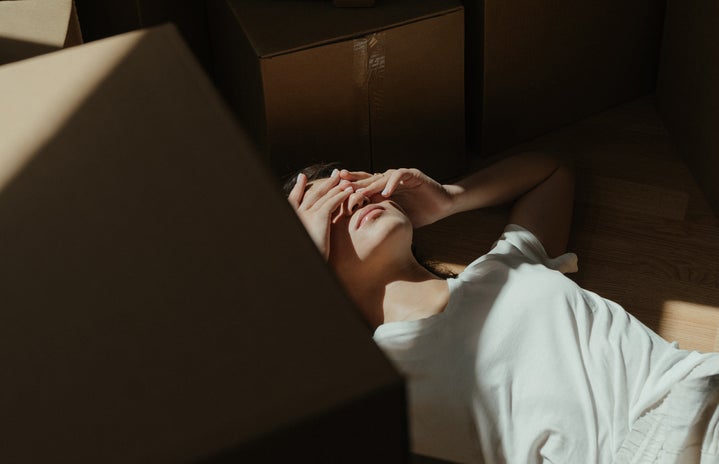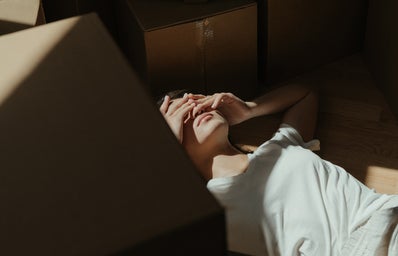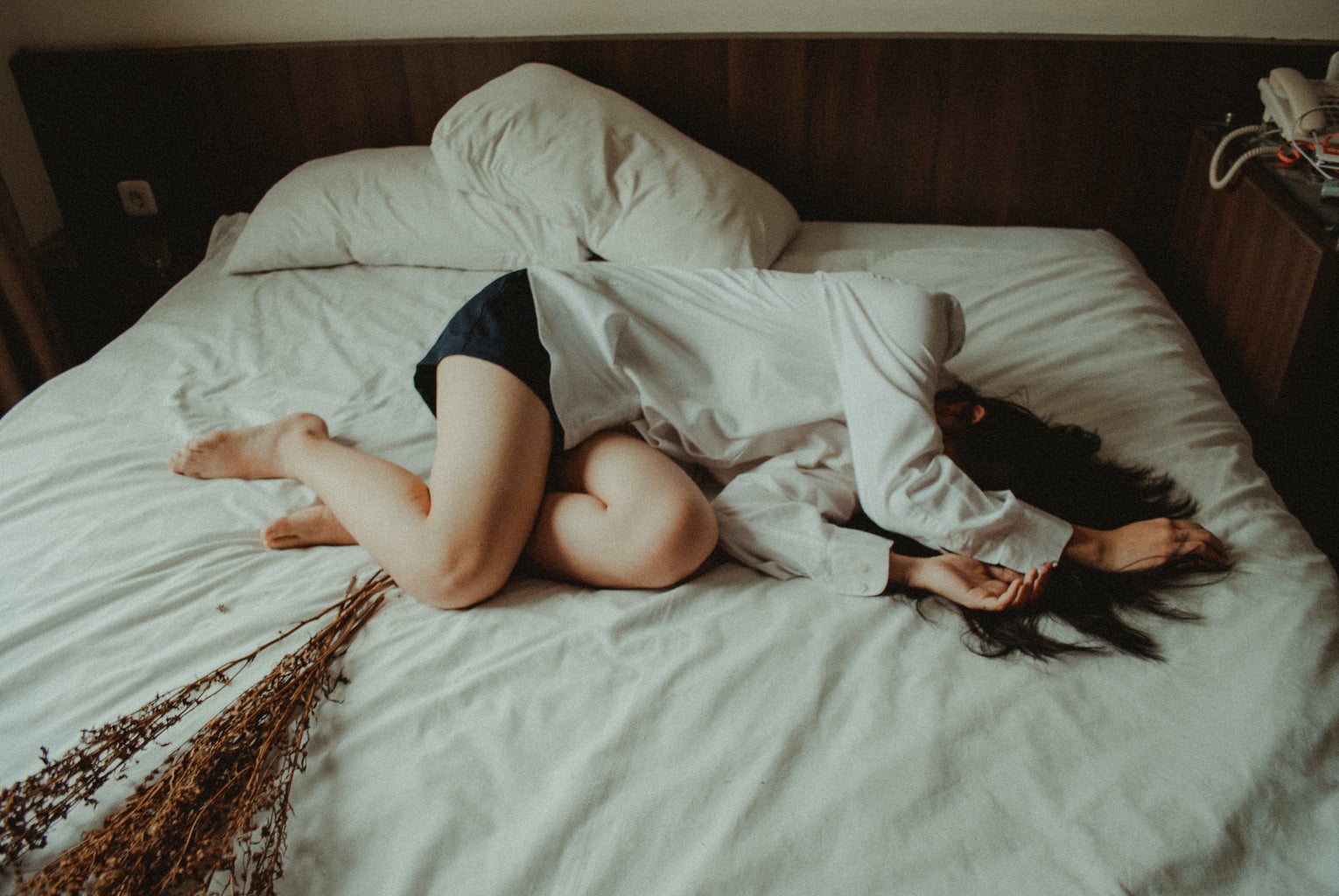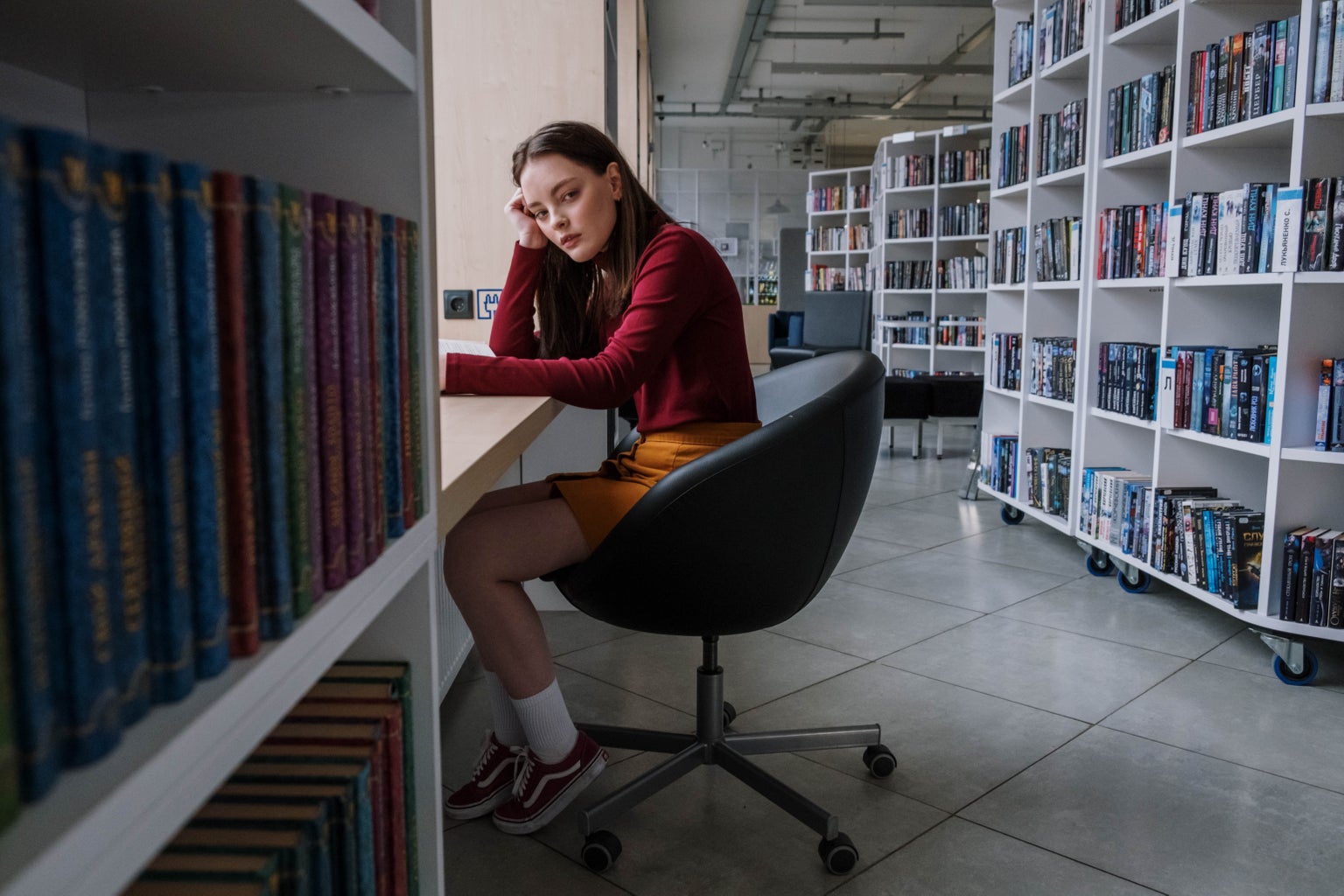This time of year calls for colder weather, short days, and a whole lot less sunshine. The holidays are right around the corner but most people start to feel a kind of slowness to these upcoming months. It isn’t uncommon to feel mood and behavioral changes as well as isolation tendencies around this portion of the year. Even if you don’t actually feel a difference in how you feel day to day, you can still be experiencing a seasonal slump. I for one usually blame it on the winter quarter blues that most college students experience, but this “crash” in motivation is actually medical. Seasonal affective disorder, also known as SAD, is a seasonal depression that occurs around the same time every year. SAD is triggered by a change in seasons and usually ends around early spring (Cleveland Clinic 2020). SAD affects your daily life and explains why most people tend to feel a bit down in between cheerful holidays. Finally, we all have a way to define this sensation, we are all sad because of SAD.
The oncoming of SAD is mainly triggered by the lack of sunlight. Although researchers don’t know exactly what causes SAD, many theories point to chemical imbalances, overproduction of melatonin, and a deficiency in vitamin D (Cleveland Clinic, 2020). All of this combined can lead to sadness, anxiety, isolating tendencies, increased sleep, and increased food cravings (Cleveland Clinic, 2020). SAD, and all that it encompasses affect a large number of people. According to Cleveland Clinic, younger people, women, and those with other mental illnesses are at a higher risk for SAD (Cleveland Clinic 2020). If you are feeling any symptoms, just know it is more than the winter blues.
Although SAD can seem scary, there are several ways in which to cope. Because SAD is directly correlated to lack of sunlight, the main treatment is obviously to try and get some! This can be difficult if you live in an area where you aren’t capable of seeing the sun behind all of the clouds, but there are some ways around this. Vitamin D supplements, special phototherapy lights, and even antidepressants can be a solution (Cleveland Clinic 2020). Besides these medical suggestions, you can find other means to manage SAD. Personally, I prioritize mental health by spending more time with friends, exercising, and eating a well-balanced diet. That being said, it is also important to take it easy on yourself and take a movie day with loads of snacks!
It is totally understandable to feel sad during this time of year, just blame it on SAD! Seasonal depression is no joke and is prevalent in every person’s life. Although we feel and handle the effects of SAD in different ways, we can all support each other. Checking on friends and being there for them is so important. There is no set treatment for SAD so finding the best option for yourself is vital. Take some time to figure out what is right for you and what will uplift you during these rainy days. Don’t let SAD determine how your holiday season will go!




